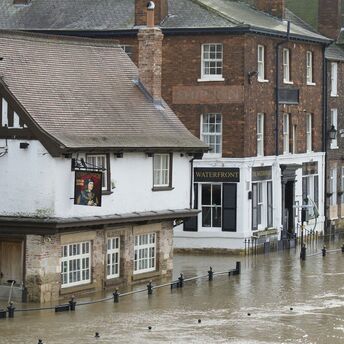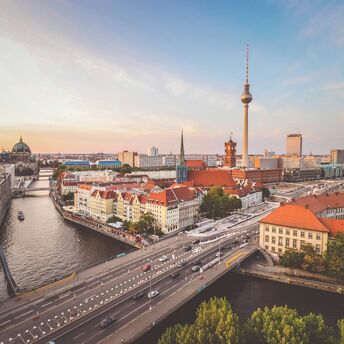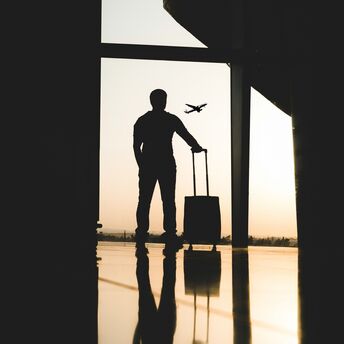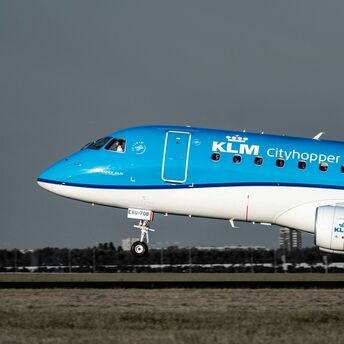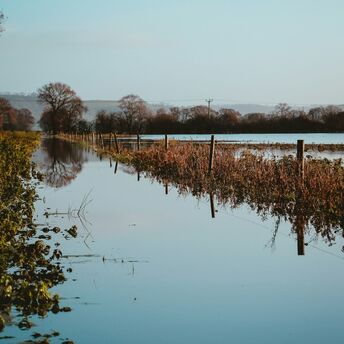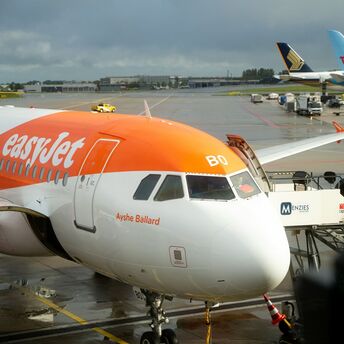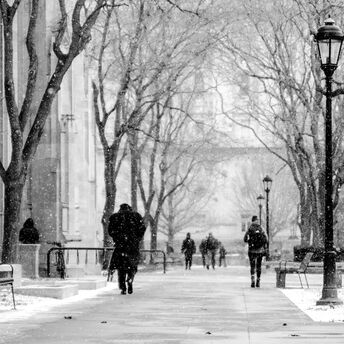The Evolution of the Student Gap Year: Travel with Purpose Gains Popularity

The traditional student gap year is evolving, with more emphasis on purposeful travel and experiences that enhance employability and benefit local communities. Gone are the days of endless parties and aimless travel. Today's gap year travelers are more likely to be found engaging in meaningful activities like sunrise yoga and volunteering.
Changing Motivations for Gap Years
Once primarily taken between high school and university, gap years now attract a wider range of participants, including those seeking a break before entering the workforce. According to Student Universe, the world's largest youth travel agency, there has been a significant shift in the motives for gap year travel post-pandemic, marking the most considerable change in 50 years.
While leisure travel remains popular, there is a growing trend towards educational and vocational trips. Milly Whitehead, co-founder of The Leap, a specialist gap year travel company, notes that modern travelers aim to do something ethical and responsible, with a structured itinerary that adds value to their future careers and university applications.
Focus on Employability and Volunteering
A recent report by Student Universe surveyed 6,000 Generation Z members from the UK, US, Canada, and Australia, finding that 79% of respondents embarked on trips to enhance their employability. Around 87% believed vocational travel would improve their job prospects, and 86% expressed willingness to volunteer in fields related to their future careers.
Jemma Gore-Booth, a 21-year-old from London, exemplifies this trend. After working as a teaching assistant to fund her travels, she spent a month in Sri Lanka volunteering as an English teacher before traveling to Thailand and Vietnam.
Structured and Pacy Travel Experiences
Travel companies like The Leap have adapted to the changing preferences of gap year travelers by offering more structured and varied programs. These include volunteering with environmental organizations, beach cleaning, and community projects. Programs typically last around five weeks and often include language learning and skill training.
Sam Willan, vice president of global marketing at Student Universe, observes a shift towards shorter, more frequent trips that combine learning, volunteering, and adventure. This approach aligns with the career development goals of modern gap year travelers, who seek experiences that bolster their CVs while making them culturally aware and well-rounded individuals.
Popular Destinations and New Trends
The destinations favored by gap year travelers are also changing. While Southeast Asia remains popular, countries like India, South Africa, Brazil, and Peru are gaining traction. Regions that reopened early after the pandemic, such as Central and South America, have seen a rise in student travelers due to word-of-mouth recommendations.
For working holidays, Australia, New Zealand, and Canada are top choices due to their accessible Youth Mobility Scheme visas, which have been recently expanded to allow longer stays for young travelers from the UK.
Economic and Social Impact
The rise in gap year travel with a purpose has positive economic and social impacts on host communities. It supports local businesses, encourages cultural exchange, and promotes sustainable tourism practices.
However, challenges such as funding and bureaucratic hurdles remain. The UK's departure from the EU has made it harder for young Britons to work overseas, prompting calls for an enhanced seasonal mobility agreement between the UK and EU.
Funding the Gap Year
Many gap year students rely on various means to fund their travels. Some work before their trips, like Minnie Fisher, who saved £11,000 through jobs in a café and babysitting. Others receive financial support from their parents or find ways to earn money while abroad.
The Future of Gap Years
The gap year continues to evolve, with a focus on meaningful experiences that contribute to personal growth and career development. As students increasingly seek purposeful travel, the gap year is set to remain a valuable and transformative experience for young people worldwide.




